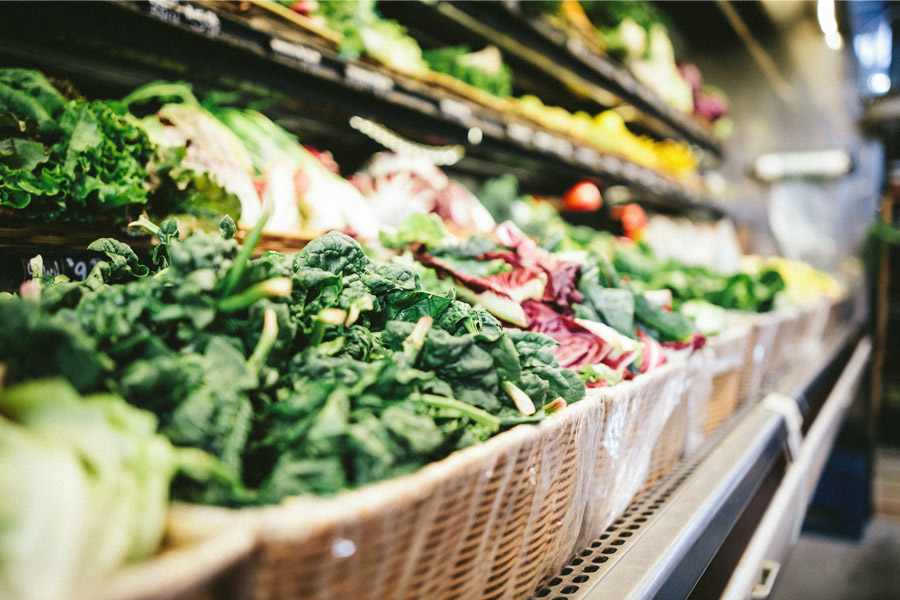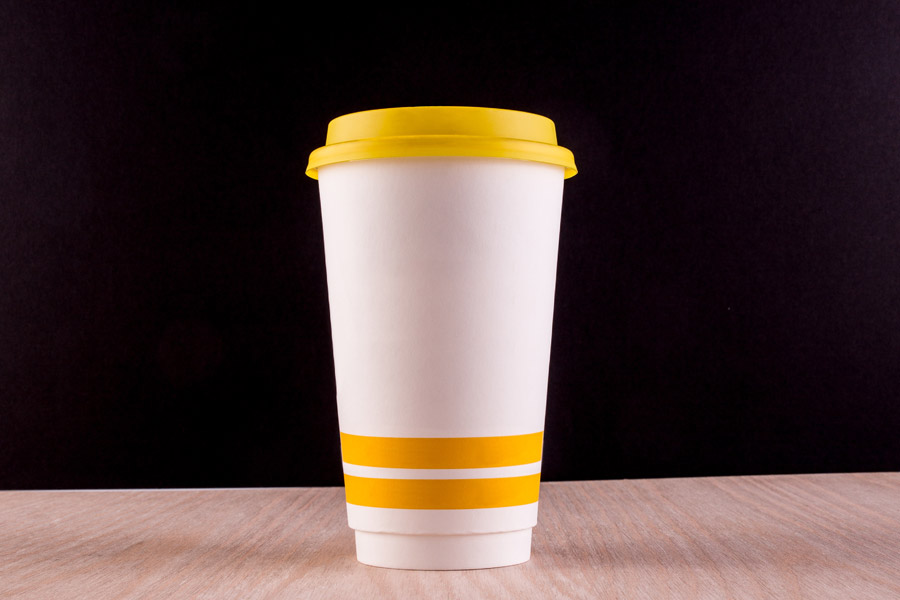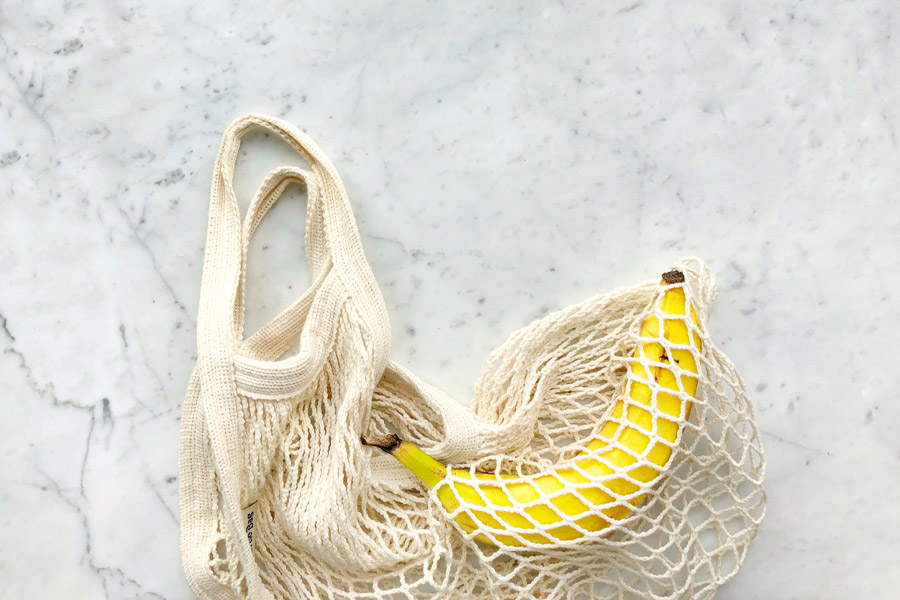1) Be smart with ingredients and cooking
Instead of buying those pre-cut vegetables in plastic bags, try buying loose fruits and vegetables and put them directly in your tote bag or a netted bag. As students, it’s often hard to find the time to prep our vegetables. So, after a big shopping trip, cut all the vegetables and place them in the freezer ready for use. If that’s not an option at your local supermarket, take weekly trips to the farmers markets. Prices might be slightly higher but the relationship between quality and price is definitely worth your while. As for cooking, almost anyone can cook if they follow the recipe, so try it out and reduce your waste. I’ve recently started baking my own bread at home. It’s really easy and even though it seems time consuming, the reality of it is that most of the preparation is a waiting game. Meanwhile, you can get your lecture work done and kill two birds with one stone. Thus, you are no longer buying bread packaged in plastic at the store.

2) Reusable cups
A second step you could take in order to reduce your plastic waste footprint is to use reusable cups for your daily teas and coffees. If you are a coffee (or tea) addict like myself, then you will probably consume between 3 and 5 coffees per day. That translates into 21 to 35 paper mixed with plastic cups a week - a huge and certainly unnecessary consumption. You can buy reusable cups online or in coffee shops made entirely from recycled plastic materials for a price range between £11-15. If you are not fussed about spending a little more you could even get a thermos so that your hot beverages last you all day and will get you through all your Monday lectures. On that note, I would like to add that it is time you throw away your Nespresso machine and go capsule free! This may seem like a small step but coffee capsule are largely made of plastic so for each coffee you make, a pointless amount of waste is produced. Instead, try converting to a Moka or French Press coffee maker. Take it from an Italian coffee lover; your morning pleasures will be cheaper, more sustainable and taste far better than any machine
3) Switch to tote bags
The first step you can take to reduce your plastic consumption is getting yourself a tote bag. They are practical, stylish and easy to carry around. You can put them in your pocket, your work bag or simply by your house door. Carrying a tote bag with you at all times allows you to do any shopping without ever having to buy plastic bags. I can assure you that you will have more storage space in your unique tote bag than in a flimsy plastic bag, which, more often than not, break with a little pressure - definitely not the ideal situation for a big shopping trip. That’s not all, according to Greenpeace, only 9% of plastic is recycled, and approximately 2.4 million tonnes enter our ocean every year. If this shocking data is not enough to convince you, rest assured, it will save you money in the long run as most supermarkets in the U.K. currently charge 10p for plastic bags, and could even rise in price.

4) Cleaning products
For all of us who have only just moved into our first apartment and have absolutely no idea how to tackle the washing of dirty dishes and piles of ever-growing laundry, here are some easy tricks to make your cleaning experience greener.1) Buy bio detergents. Ecover is a great brand that makes all their detergents bio, from laundry powder to washing up liquid.
2) Stay clear of fabric softener as it wears out the fibres of your clothes which leads them to tear more easily and sooner than expected. Thus, you will have to buy clothing more frequently burning a hole in your pocket and creating even more textile waste.
3) The Bio-D company have some fantastic products for cleaning your bathrooms. The detergents are very concentrated so you only need to use small amounts and dilute it.
4) For deep cleaning try using baking soda and white vinegar to get rid of hard stains from your toilets and floors.
5) Finally, start buying soap bars instead of soap liquid. There are a lot of varieties on the high street and many are vegan and also low cost.
Taking steps to be greener is quite easy and affordable. If you do want to change your lifestyle and become more environmentally friendly, you only need to be a bit more aware of what it is that you are buying. Remember, there are always alternatives and often home remedies are a great way of cleaning which produces almost zero waste.
If you found this interesting, take a sometime to read this: Earth Day 2018: What Can You Do to End Plastic Pollution? or 30 Easy Ways to Reduce Plastic Usage (List)




